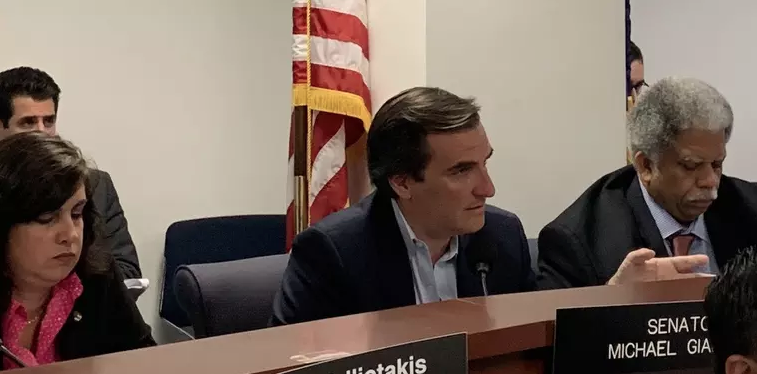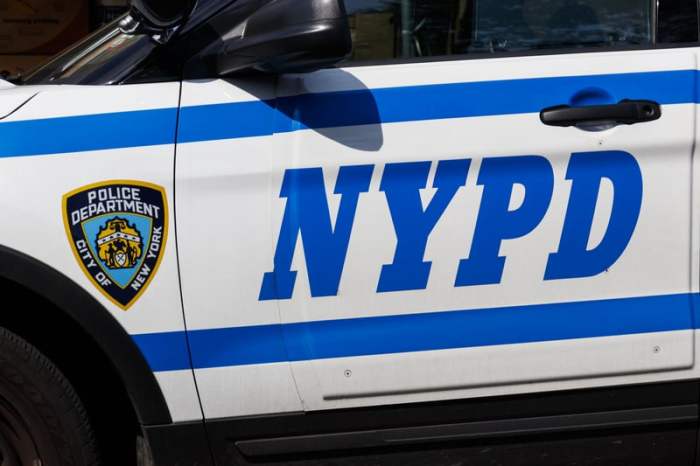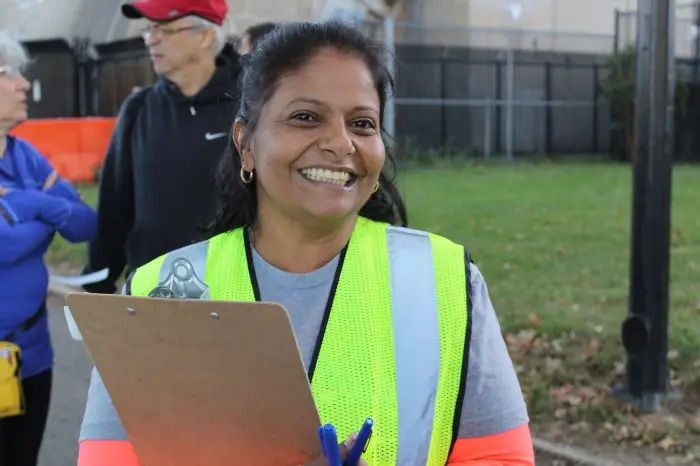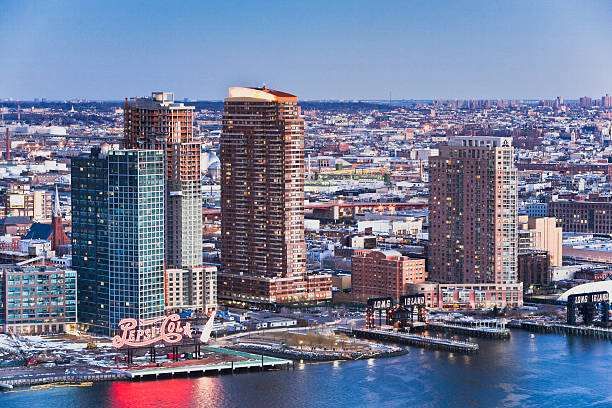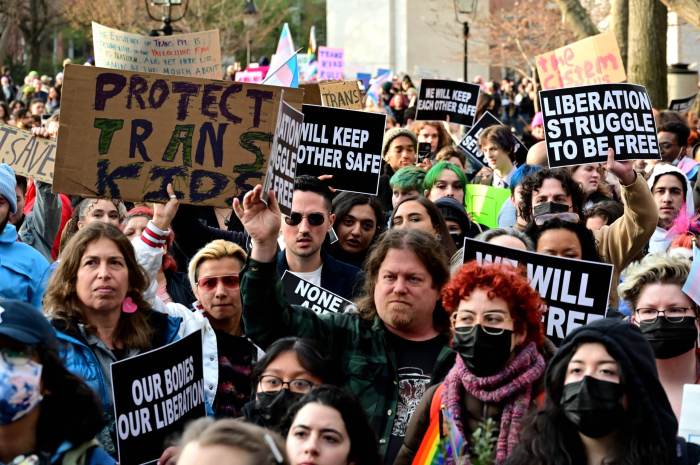After the blackouts that swept the Upper West Side, south Brooklyn and southeast Queens following the heat wave and ensuing storm in July, the state Legislature held a joint hearing on Tuesday, Sept. 3, to interrogate Con Ed’s preparedness and response to the disruptions.
While the hearing was premised on assessing Con Edison’s emergency response, a group of legislators, including a notable number of Queens representatives, pushed to expand the scope of the conversation to consider whether a public agency would be more effective at providing energy to the city than the private company.
The first half of the hearing focused on the testimony of Con Edison President Tim Cawley, who maintained that the company’s decision to intentionally shut off the power to south Brooklyn was the correct thing to do in response to circumstances that he claimed were unforeseeable.
“These outages did not occur because of a lack of infrastructure, or neglected maintenance or investment,” Hawley claimed.
In response, Queens legislators including Senator Michael Gianaris and Assemblyman Ron Kim all confronted Cawley with lines of questioning that attacked the tension between Con Edison’s investor-driven profit motive and the public interest.
“When you have a private entity like Con Edison, who at least in part, predominantly responds to its investors as opposed to the public interest, you’re making decisions on which of the grids to improve, not necessarily 100 percent focused on what is in the best interest of the people of the city,” said Gianaris.
In response to Gianaris’ and others’ questions on this theme, Cawley avoided getting defensive. Instead, he simply responded that it was outside of his scope.
“I won’t share a whole lot about my opinion. Certainly you folks can look at that,” he said.
The enthusiasm about the prospect of a public utility system was not without its skeptics. Nicole Maliotakis, a Republican assemblywoman from Staten Island, said she found the idea “mind-boggling.”
“Just look at NYCHA. Look at our education system. Look at our transit system,” she said.
Senator Leroy Comrie, on the other hand, remained mute on these structural issues in questioning Hawley. The Jamaica senator was more concerned over how southeast Queens was being left out of the conversation. Comrie very vocally called for the hearing after at least 8,000 people lost power in Queens — the vast majority of them in the neighborhoods around Jamaica.
“I’ve asked you twice now to give us an update on the Queen’s outages and I’ve yet to hear anything from Con Edison about the reasons behind the Queen’s outages,” said Comrie.
After Cawley finished his testimony, legislators got a chance to speak with the John B. Rhodes, chair of the Public Service Commission, the agency that is in the middle of an investigation into the blackouts. Legislators took up issues ranging from the blackouts, to the company’s proposed rate hikes and also pressed him for his opinion on transferring to a public utility.
But on the debate over state versus private ownership, Rhodes remained agnostic. When Senate Energy Committee Chairman Kevin Parker asked him about it, he dodged and said that the challenge facing any energy provider is serving the customer best.
“That is a challenge that exists whether the utility is publicly owned — investor-owned — or an actual publicly managed entity,” he said.
Rhodes was not completely impartial on the topic of the company’s rate of public reinvestment, however. Senator Julia Salazar raised a detail in Con Ed’s most recent rate proposal, which she said justifies a rate hike as a way to increase its return on equity to more than 9.75 percent.
Rhodes admitted that he thought that return on equity was too much.
To cap off the event, the committee called on Amber Ruther, a member of the Democratic Socialists of America Ecosocialist working group, to testify. She argued that of the more than 2,000 U.S. cities that operate publicly owned utilities, they are more reliable with outage durations, and their residential rates are 14 percent lower than those of privately owned utilities.
“I want to emphasize that public ownership in and of itself is not a panacea. We need to ensure rigorous reviews of utility spending plans and community and worker input. We could definitely have a conversation about what the most effective democratic oversight structure could look like,” Ruther said.

